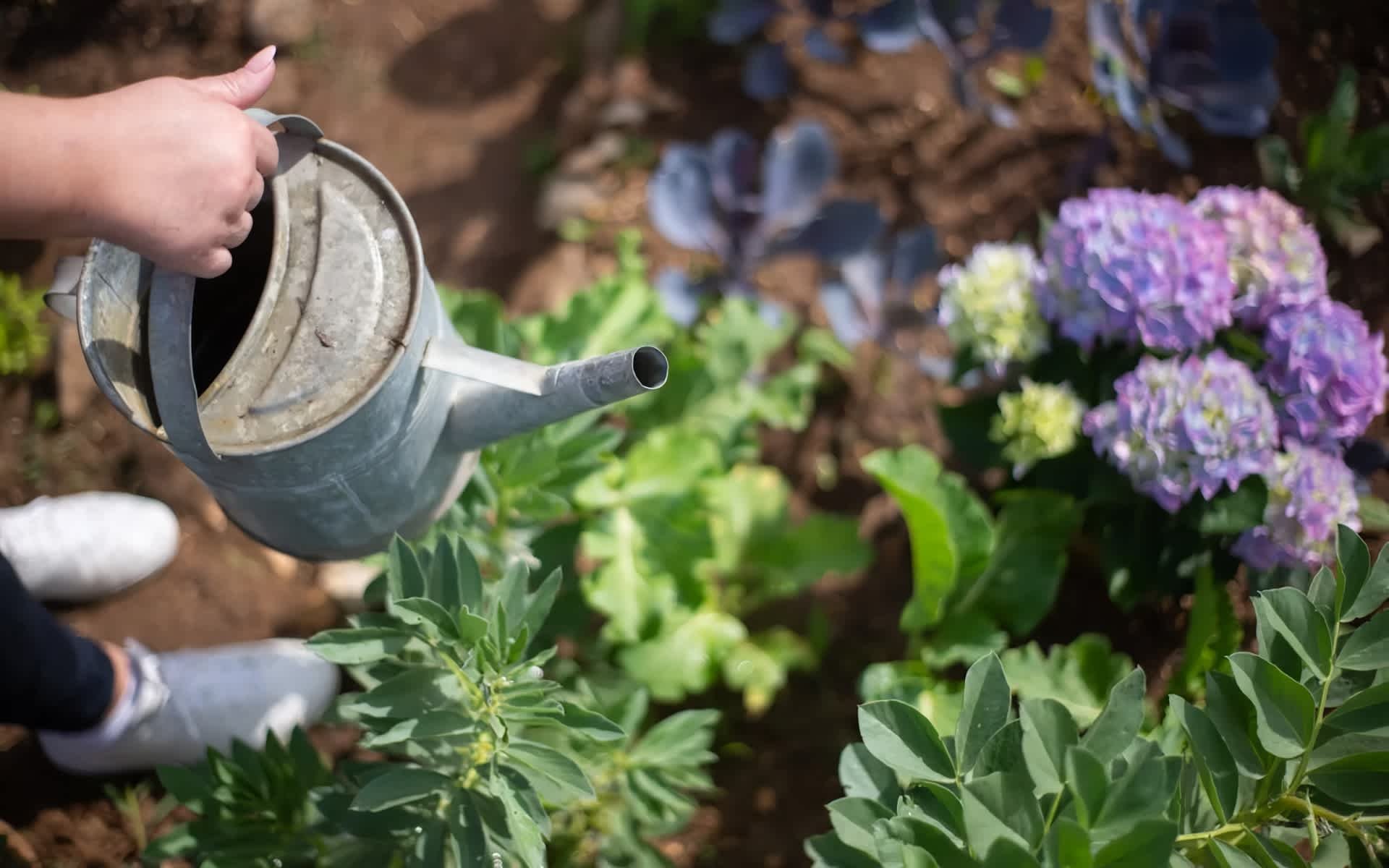Water-Saving Tips for Efficient Garden Irrigation
Water conservation is crucial for maintaining a sustainable and thriving garden, especially in regions like Marin County, CA, where water resources can be limited. Efficient garden irrigation practices not only help conserve water but also promote healthier plant growth and reduce utility bills. This article provides essential water-saving tips for efficient garden irrigation, ensuring your landscape remains lush and beautiful while being environmentally responsible.
Understanding Water-Saving Garden Irrigation
Choose the Right Plants
Selecting plants that are native to Marin County or drought-tolerant plants can significantly reduce the need for frequent watering. Native plants are well-adapted to the local climate and soil conditions, making them more resilient to drought and requiring less maintenance. Some excellent drought-tolerant plants for Marin County gardens include California poppy, lavender, and yarrow.
Benefits of Drought-Tolerant Plants
Reduced Water Consumption: These plants require less water, helping to conserve valuable resources.
Lower Maintenance: Native and drought-tolerant plants are generally hardier and less prone to pests and diseases.
Enhanced Biodiversity: Native plants support local wildlife, including pollinators like bees and butterflies.
Efficient Irrigation Systems
Investing in an efficient irrigation system is one of the most effective ways to save water. Drip irrigation and soaker hoses are excellent options that deliver water directly to the plant roots, minimizing evaporation and runoff.
Drip Irrigation
Drip irrigation systems use a network of tubes and emitters to deliver water slowly and precisely to the base of plants. This method reduces water waste and ensures that plants receive consistent moisture.
Benefits of Drip Irrigation:
Water Efficiency: Drip irrigation systems can reduce water usage by up to 50% compared to traditional sprinkler systems.
Targeted Watering: Water is delivered directly to the root zone, minimizing evaporation and runoff.
Customization: These systems can be tailored to meet the needs of different plants and garden areas.
Soaker Hoses
Soaker hoses are porous hoses that allow water to seep out slowly along their length. They are laid on the soil surface or buried slightly to deliver water directly to the roots.
Benefits of Soaker Hoses:
Ease of Use: Soaker hoses are simple to install and can be easily moved as needed.
Efficient Water Delivery: They provide even moisture distribution, reducing water waste.
Cost-Effective: Soaker hoses are an affordable irrigation solution for small to medium-sized gardens.
Smart Irrigation Controllers
Smart irrigation controllers, or weather-based controllers, adjust watering schedules based on real-time weather data and soil moisture levels. These systems ensure your garden receives the right amount of water, preventing overwatering and conserving resources.
Benefits of Smart Irrigation Controllers:
Water Conservation: These controllers can reduce water usage by up to 30% by optimizing irrigation schedules.
Convenience: Automated adjustments based on weather conditions mean less manual intervention.
Healthier Plants: Avoiding overwatering helps prevent root rot and other water-related plant diseases.
Mulching
Applying mulch to your garden beds is a simple yet effective way to conserve water. Mulch helps retain soil moisture, reduces evaporation, and suppresses weed growth, which can compete with plants for water.
Types of Mulch:
Organic Mulch: Materials such as wood chips, straw, and compost add nutrients to the soil as they decompose.
Inorganic Mulch: Gravel, stones, and landscape fabric provide long-lasting weed suppression and moisture retention without adding organic matter.
Benefits of Mulching:
Moisture Retention: Mulch helps keep the soil cool and reduces water evaporation.
Weed Suppression: By blocking sunlight, mulch reduces weed growth, which competes with plants for water.
Soil Improvement: Organic mulch improves soil structure and fertility as it breaks down.
Rainwater Harvesting
Collecting and using rainwater for your garden is an excellent way to conserve water. Rain barrels and cisterns can be installed to capture and store rainwater from your roof, providing a free and sustainable water source for irrigation.
Benefits of Rainwater Harvesting:
Cost Savings: Reduces reliance on municipal water supplies and lowers water bills.
Sustainability: Utilizes a natural and renewable water source.
Plant Health: Rainwater is free of chemicals and minerals found in tap water, benefiting plant growth.
Watering Techniques
Adopting efficient watering techniques is essential for a sustainable garden. Here are some best practices to ensure your garden receives the right amount of water without waste.
Watering Early in the Day
Watering your garden early in the morning reduces water loss due to evaporation. It also allows plants to absorb moisture before the day's heat sets in, reducing plant stress.
Deep Watering
Watering deeply encourages plants to develop deep root systems, making them more drought-tolerant. It is better to water less frequently but more thoroughly, ensuring the water reaches the root zone.
Avoid Overwatering
Overwatering can lead to root rot and other plant diseases. Ensure that your garden's soil has good drainage and that you water only when necessary. Checking the soil moisture before watering can prevent unnecessary water usage.
Contact Heritage Landscapes for Expert Water-Saving Garden Irrigation Solutions
Implementing water-saving irrigation techniques is essential for conserving valuable resources and ensuring a healthy, thriving garden. Heritage Landscapes is committed to helping you achieve a sustainable and luxurious garden in Marin County, CA. Their expert team specializes in finding an efficient irrigation system tailored to your garden's unique needs.
For professional assistance, reach out to Heritage Landscapes today and take the first step toward a beautiful and sustainable outdoor space.

